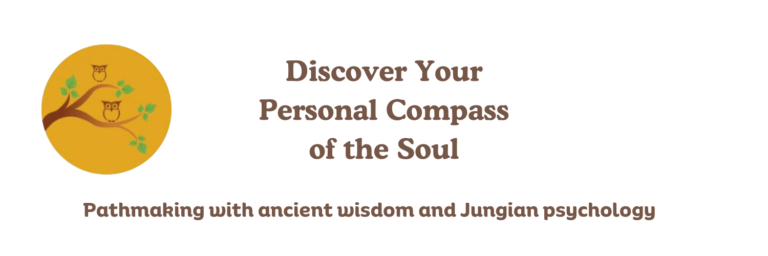Aquarius symbolizes the need for radical change and transformation. Therefore it’s appropriate that Hexagram 49: Revolution (Molting) from the I Ching is our hexagram host for the next week of Aquarius season.
Fire is included in the image, just like last week, but this time we find fire situated in the middle of a lake. Fire and water are opposites, so the two destroy each other in order that revolution may occur. Per Richard Wilhelm’s commentary:
So too in the course of the year a combat takes place between the forces of light and the forces of darkness, eventuating in the revolution of the seasons. Man masters these changes in nature by noting their regularity and marking off the passage of time accordingly. In this way order and clarity appear in the apparnetly chaotic changes of the seasons, and man is able to adjust himself in advance to the demands of the different times.
That right there makes a case for astrology; seeing what lies ahead for us archetypally helps us adjust ourselves to the situations we will face both as individuals and collectively. Just as the seasons change, so do the demands of the times, which call for social transformations.
We have three pet cockatiels, so I like that this hexagram is also called “molting.” Birds molt at least once a year, usually during the spring. It’s uncomfortable for them sometimes as the new feathers grow in. And their flying skills can be diminished as they wait for the growth of new flight feathers.
The other day we noticed that our oldest cockatiel has a fresh growth of new feathers on his head, which we found encouraging. He is still aligning himself with the energies of the seasons even in his dotage and bringing forth his best self.
Which “feathers” do you need to shed so that you can avoid stagnation and make your essence more visible?
WHAT I OFFER:
Writing:
Subscribe to the Monthly Depth Books Newsletter
Index to my popular blog posts about personality typology
REFERENCES:
I Ching or Book of Changes translated by Richard Wilhelm
